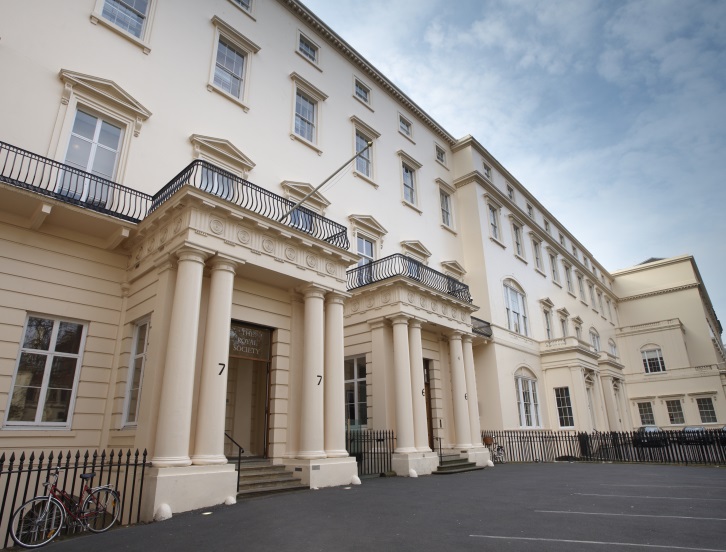The application and assessment process
The Royal Society is committed to pursuing excellence in science and to promoting openness and fairness at all stages of the grant-making process. This page explains how to apply for Royal Society research funding, how applications are assessed, and how funding decisions are made and communicated.
This guidance applies to research funding only. There are separate instructions for schools and museums seeking to undertake engagement projects, which are detailed in the relevant scheme pages.
For any queries about application and assessment for individual schemes, please contact the relevant team for the scheme you are interested in.



